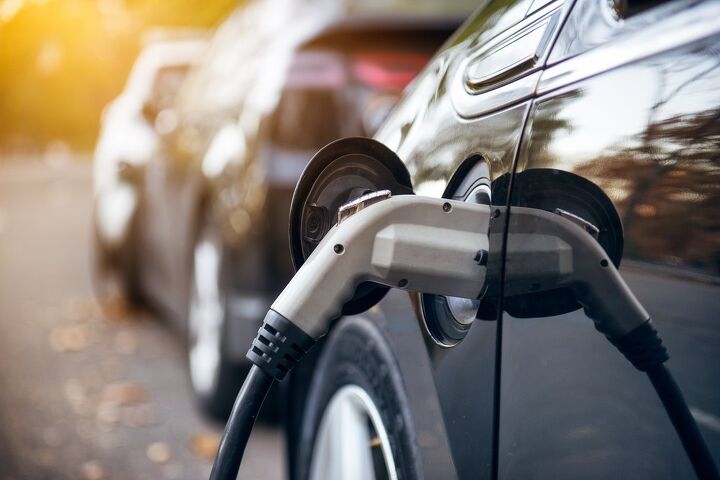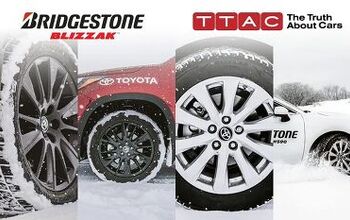Electric vs. Gasoline Cars: Uncovering the Real Climate Savior
Contrary to common misconceptions, electric vehicles (EVs) generally have a smaller carbon footprint compared to traditional gasoline cars. This advantage remains true even when considering the electricity utilized for charging EVs. One key distinction is that EVs produce no direct tailpipe emissions. However, the production of electricity for EV charging can result in carbon emissions, depending on the energy source.
The carbon pollution from electricity varies based on local energy production methods. For instance, electricity generated from coal or natural gas is associated with higher carbon emissions, while renewable sources like wind or solar energy contribute negligible carbon pollution. Despite the variance in electricity production methods, studies indicate that EVs are typically linked to lower greenhouse gas emissions than the average new gasoline vehicle.
The shift towards renewable energy sources further enhances the environmental benefits of EVs. As more renewable energy sources are integrated into the power grid, the overall greenhouse gas emissions associated with EVs can be further reduced. Notably, in 2020, renewable energy sources rose to become the second-most dominant source of electricity in the United States.
Tools to Measure Your EV's Environmental Impact
The Environmental Protection Agency (EPA) and the Department of Energy (DOE) offer valuable resources for assessing the environmental impact of EVs. The EPA's Power Profiler is an interactive tool that provides information about the electricity production mix in different regions. By entering a zip code, users can understand the specific energy sources powering their local area.
Additionally, the Beyond Tailpipe Emissions Calculator, developed by the EPA and DOE, is a user-friendly tool designed to estimate the greenhouse gas emissions from charging and driving an EV or a plug-in hybrid electric vehicle (PHEV). This tool allows users to select specific EV or PHEV models and input their zip code to compare the CO2 emissions from these vehicles with those from gasoline cars. These tools empower individuals to make informed decisions about the environmental impact of their transportation choices.
This article was co-written using AI and was then heavily edited and optimized by our editorial team.
More by TTAC Staff
Latest Car Reviews
Read moreLatest Product Reviews
Read moreRecent Comments
- MrIcky I bet these will sell ok- as fleet vehicles. They will take on in town pick up duties for power companies when an hd with tool boxes aren't required, they will show up on any company that wants to push a 'green image' but still needs to haul ladders and such like solar and roofing. It will be a strange truck in a strange market but I bet it doesn't do too bad
- 2ACL If your driving and/or maintenance regimen wrecked the valves, what other horrors await me? A maintained 2.slow can be decent basic transportation, though many of the models carrying it are old enough to have age-related problems. This is impending heartbreak for anyone not intent on getting their hands dirty.
- Theflyersfan If cutting costs (which usually means cheaper parts and materials) is their plan of attack, all the while dealing with millions of cars recalled and with serious quality issues, I think staying away from Ford is the best thing possible. When you hack and slash away like that, it tends to be a race to the bottom. (See: Nissan and Mitsubishi. )How about, instead, focusing on what is breaking and forcing expensive recalls and emergency service bulletins because it always costs more to fix it after the fact. And then the reputation can be improved and you can charge $100,000 for a pickup without a guilty conscience.
- EBFlex Translation: “We want to lower quality even more”How about stop with the EVs that nobody wants and is a dead end road and invest that into making quality vehicles?
- Jeff Agree but manufacturers in the US have discontinued manuals on most vehicles and eventually discontinue all manuals. The problem is that most vehicles made today have computers controlling most functions in vehicles. HVAC, power steering, power brakes, parking brakes, transmissions, and many other functions that were manual and now electronic. The mechanical functions were easier to repair and more reliable. The Maverick has a lot less technology than many of the newer vehicles at least you can control lights, temperature, and radio without going through a screen but compared to past vehicles I have owned it has more technology than I want or need.I am not looking forward to these recalls as a Maverick owner but I will get them taken care of. I do not like the trend toward mechanical functions that have worked well for decades being controlled through a computer function or CANBUS. It is cheaper for the automakers to buy preassembled components reducing time on the assembly line but it makes it more expensive to work on and the parts are usually more expensive. Hoovie and the Car Wizard have some good videos on the difficulty of working on most modern day vehicles and the increasing expense of replacement parts.

































Comments
Join the conversation